Harold Goodwin On Responsible Tourism
Harold Goodwin defined and theorized the responsible tourism concept and facilitated its worldwide spreading and understanding. He is founder of the International Centre for Responsible Tourism, emeritus professor and Director of the Institute of Place Management at Manchester Metropolitan University, Manager Director of the Responsible Tourism Partnership and advisor to the World Travel Market.
Not only will he be a speaker for the FITR conferences on 10th and 11th of May, but also a lecturer as he will be holding a course on Responsible Tourism Management on the 12th and 13th of May 2018.
How do you travel responsibly?
Fly in economy and fly direct to reduce the carbon emissions, go by rail when you can. Buy local and support the local economy.
There are lots more suggestions here.
What is the most interesting discovery you’ve made throughout your research regarding tourism?
That too often tourists do not meet the full cost of their visit to a national park.
Name three things you consider most important when visiting local attractions.
Look for authenticity and the opportunity to enjoy the attraction alongside locals – avoid the tourist traps.
Do some research; understand what you are visiting and why it is significant.
If a local guide is available employ them – you’ll get more out of the visit and you will be contributing to the local economy.
How hard do you believe it is for people to respect the guidelines of practicing a responsible tourism?
I don’t think it is hard at all – and when you do you have a better experience.
Is there a segment of population that is more prone to making irresponsible tourism?
No, I don’t think so everyone has the propensity to be responsible or irresponsible – some activities have a higher propensity to irresponsibility – stag weekends, mountaineering, beach parties.
What makes you give up the comfort of a less sustainable tourism?
I am not aware of having given up any comforts – I have never been able to fly anything but economy. More frustrating is not having enough information about accommodation to be able to make the responsible choice.
You offer consulting services for both the public and private sector. What kind of companies ask for your help? What kind of consultancy do companies need from you? How many of them adhere on the long term to your principles?
They are not my principles. They are those of a growing movement and the agenda gets longer. In the Responsible Tourism Awards we see the progress being made year on year. Major companies like TUI and Thomas Cook and lots of smaller ones are changing the way they run their businesses because it makes business sense. The public sector is moving more slowly.
How long ago did you first offer consultancy to a company? Does it still apply your teachings? Can you give us some figures about its/their progress?
The first companies I worked with were in the small group soft adventure sector in the mid- 1990s – there has been dramatic progress on a whole series of issues. Last year in the World Awards we had examples of companies able to report in detail on their Responsible Tourism practices.
What about the public sector? Can you give us an example of a community to whose flowering you contributed?
I would single out the Village Life Experiences in Kerala, India and work recently around Bwindi in Uganda. Much of the impact of my work has been through the management practices of my students.

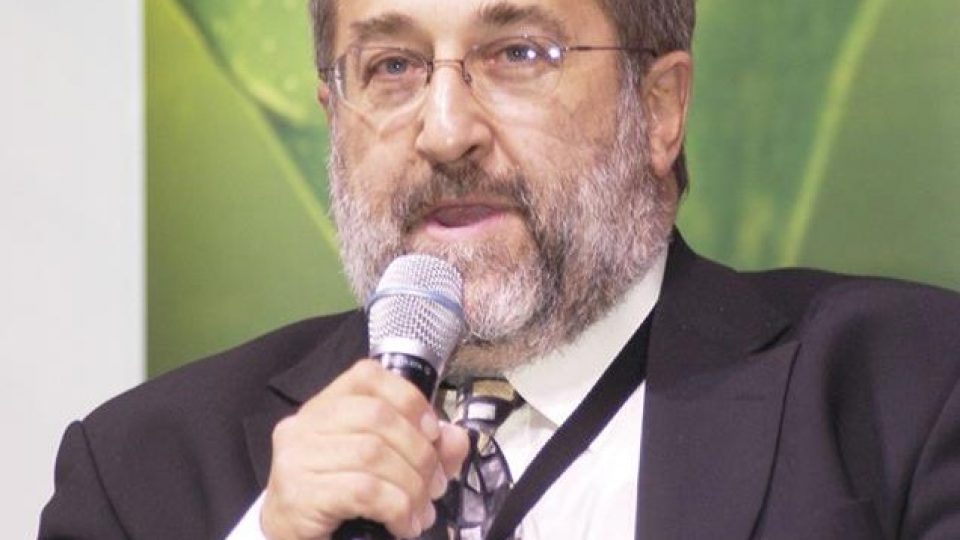
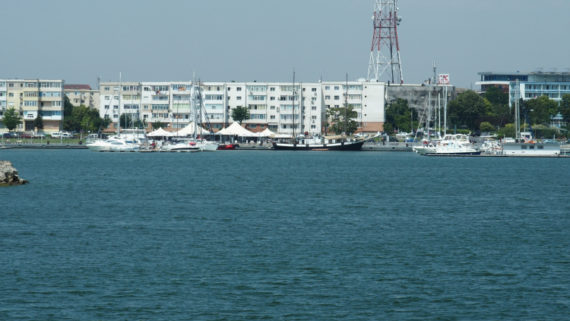
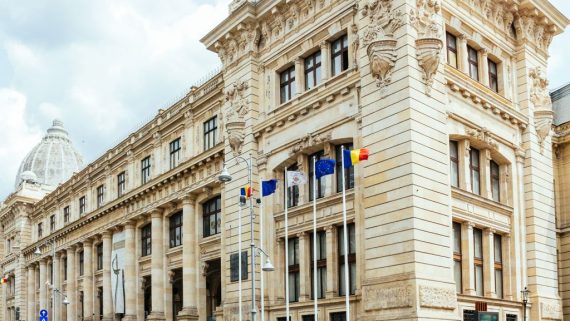
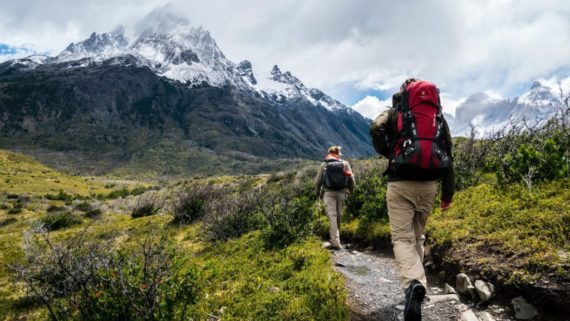
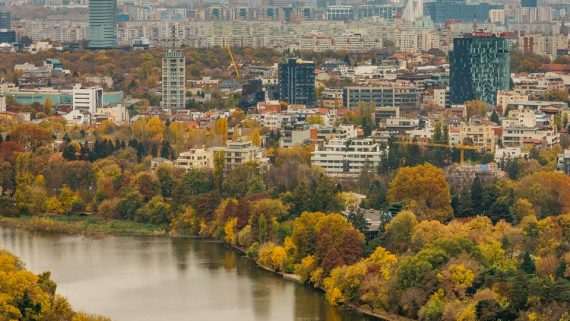

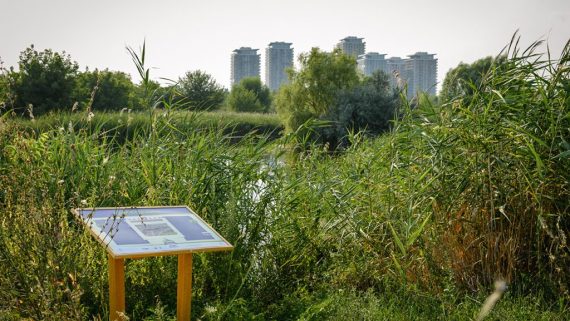
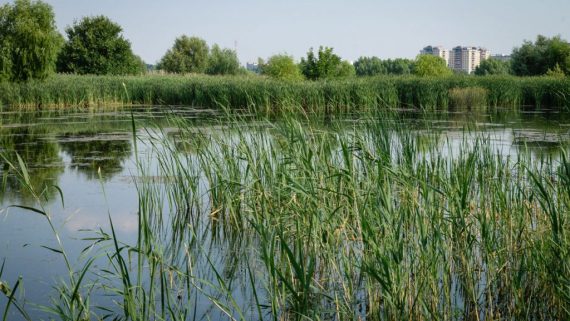
Comentarii
Niciun comentariu.